Papaya is a familiar fruit to Vietnamese people. Not only is it chosen for its delicious taste, this fruit is also loved by many people because it is rich in nutrients.
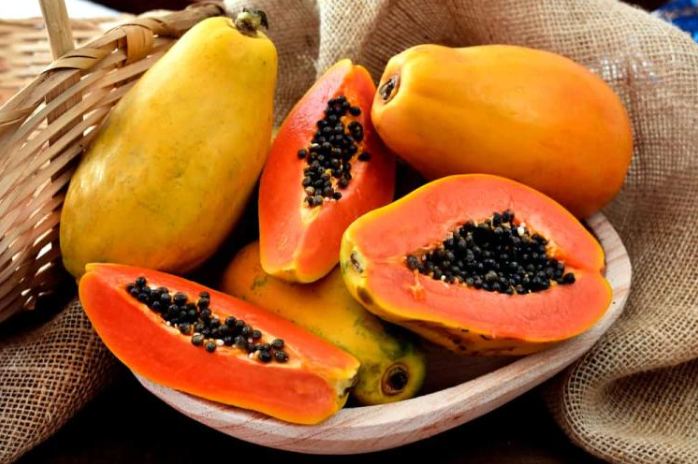
According to the US Department of Agriculture , 145g of papaya contains 43 calories, 0.5g of protein, 0.3g of fat, 11g of carbohydrate, 2g of fiber, 61mg of vitamin C, and 182mg of potassium.
“Like many other tropical fruits, papaya has a great nutritional profile. Papaya is rich in immune-boosting nutrients, such as vitamins A and C,” says American nutritionist Sarah Schlichter.
Reduce the risk of cancer
A 2021 review published in Antioxidants concluded that diets rich in vitamin C from fruits and vegetables may play an important role in cancer prevention and treatment.
Rich in vitamin C, papaya has antioxidant properties that block dangerous free radicals and oxidative stress on the body's cells, which can form cancer-causing compounds. Additionally, according to research published in Molecules, papaya's vibrant orange color is due to the presence of lycopene, which has anti-cancer properties.
Reduce blood sugar levels
Some studies have found that papaya has the effect of lowering blood sugar in the body, reducing blood sugar levels. Papaya also has a low glycemic index, can release natural sugars slowly and does not increase blood sugar levels. Therefore, this is also a fruit that diabetics can use.
Prevent heart disease
The fiber, potassium, and vitamin content in papaya keeps your arteries healthy and promotes blood flow, helping to prevent heart disease.
Increasing potassium intake along with decreasing sodium intake is the most important dietary change a person can make to reduce their risk of heart disease. Papaya is a good choice for potassium supplementation.

Slows down signs of aging
Due to the rich content of vitamin C, vitamin A and other flavonoids in the nutritional composition of ripe papaya, it helps keep the skin healthy and wrinkle-free.
Research shows that these nutrients act as antioxidants that help prevent free radical formation and oxidative damage to the skin, both of which are considered some of the leading causes of skin aging.
Strengthen bone health
You will have a high risk of bone fractures if your diet is deficient in vitamin K. Vitamin K has the ability to improve calcium absorption and at the same time reduce the amount of calcium excreted through excretion.
This means that consuming papaya will help the body retain more calcium to strengthen and rebuild bone structure. Therefore, the effect of papaya will provide abundant vitamin K to maintain bone health.
Prevent eye diseases
Papaya contains a large amount of nutrients such as lutein, zeaxanthin, vitamin C and vitamin E, which help protect and prevent eye diseases.
Zeaxanthin, an antioxidant found in papaya, filters out harmful blue light rays, helping to protect the eyes and may prevent macular degeneration.
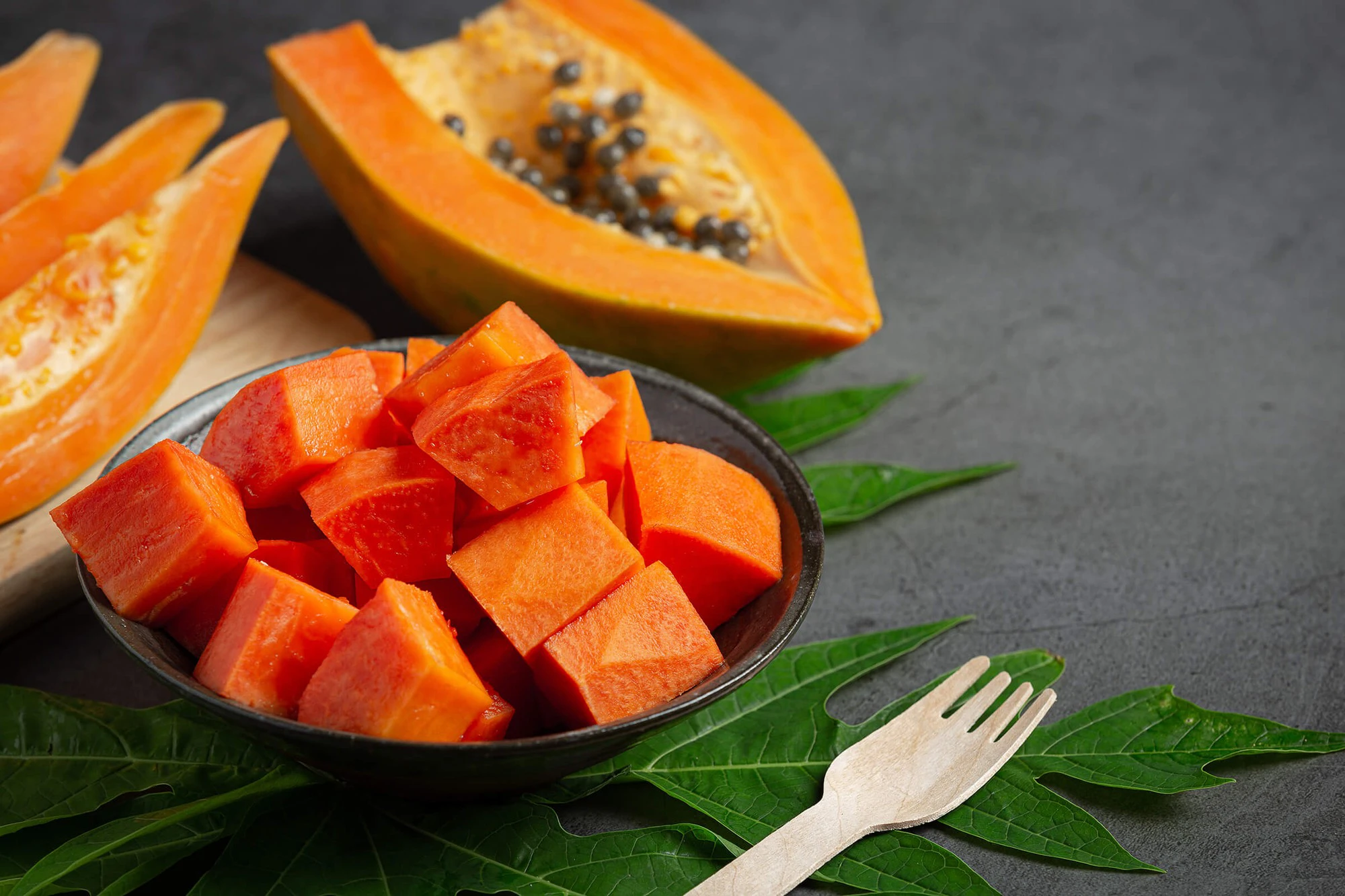
Who should not eat papaya?
Fermented papaya may lower blood sugar levels in people with type 2 diabetes, experts say. Diabetes medications are also used to lower blood sugar levels.
Therefore, taking fermented papaya with diabetes medications may cause your blood sugar levels to drop low.
In addition, people who are taking medication to slow blood clotting should also be careful when eating papaya, because papaya can increase the effects of the medication, thereby increasing the risk of bruising and bleeding.
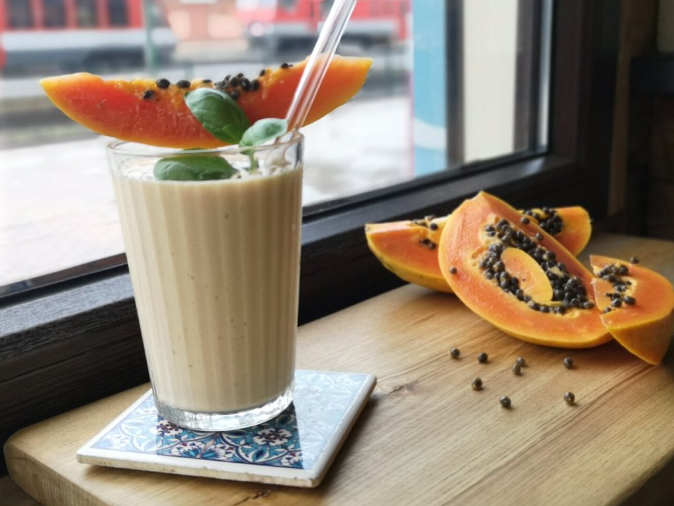
You should only eat about 500 - 700gr of papaya per day. Ripe papaya has more sugar and calories than green papaya, so you should balance your diet when combining it with papaya.
Papaya is a nutritious food, not very acidic so you can eat it when hungry without worrying about harming your stomach. If you are on a diet, you should not eat it during main meals. It is best to eat papaya at noon and be careful not to eat papaya seeds.
Source



![[Photo] Closing of the 13th Conference of the 13th Party Central Committee](https://vphoto.vietnam.vn/thumb/1200x675/vietnam/resource/IMAGE/2025/10/08/1759893763535_ndo_br_a3-bnd-2504-jpg.webp)




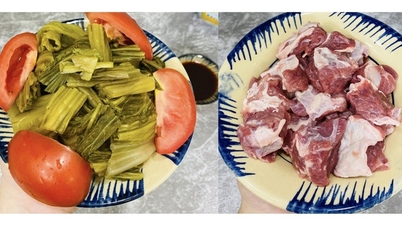







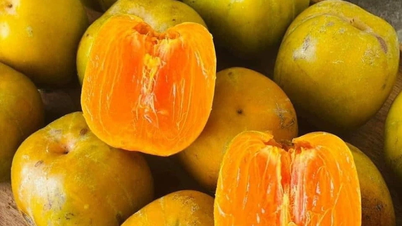













































































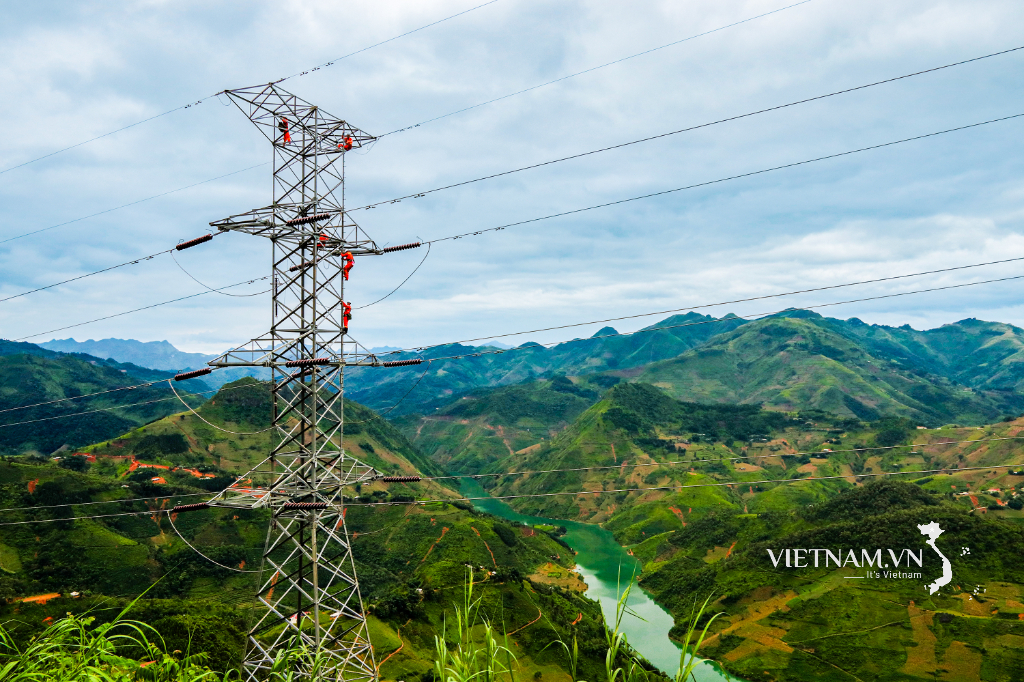

Comment (0)